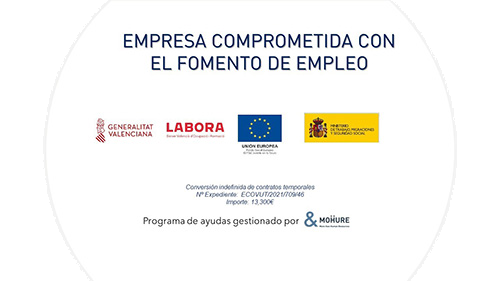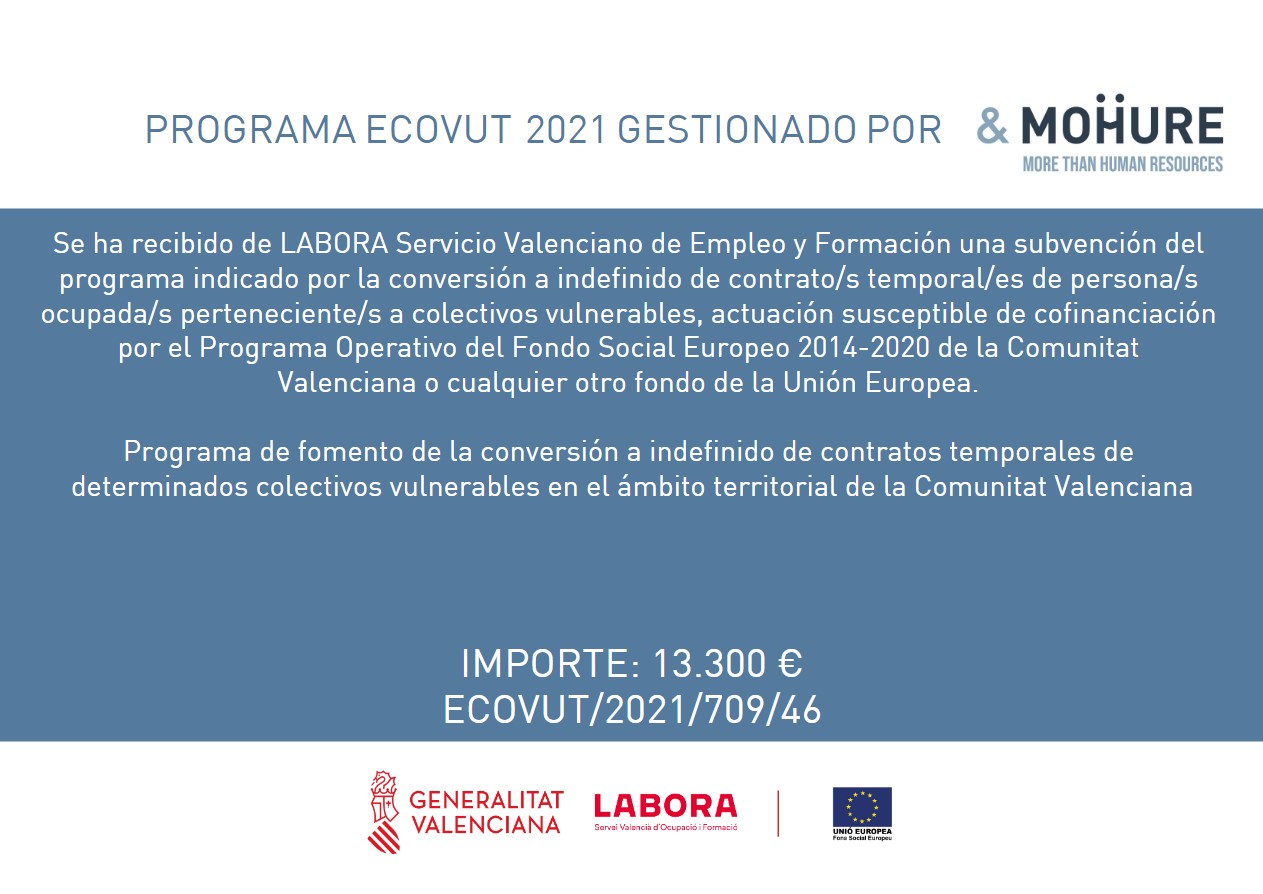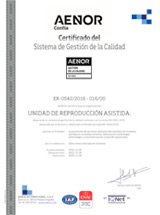José María García Sagredo says that “the most important thing is that in a couple the two are not carriers of the gene of the same disease.”
- This procedure is mainly applied in serious diseases such as cystic fibrosis, spinal muscular atrophy, thalassemia and fragile X syndrome.
 We are all carriers of between 2 and 10 recessive hereditary pathologies, so that in any pair there is a 2% risk of having a congenital disease. Of that 2%, half are hereditary and a significant part are diseases of recessive inheritance; That is to say that to transmit it both the father and the mother have to be carriers of the gene of that disease. The carriers are healthy people, but 25% of their offspring would have the disease.
We are all carriers of between 2 and 10 recessive hereditary pathologies, so that in any pair there is a 2% risk of having a congenital disease. Of that 2%, half are hereditary and a significant part are diseases of recessive inheritance; That is to say that to transmit it both the father and the mother have to be carriers of the gene of that disease. The carriers are healthy people, but 25% of their offspring would have the disease.
How can we avoid this genetic inheritance in our children? The great advances that are being carried out in the field of Genetics make assisted reproduction a cutting-edge and high-quality medicine at the service of patients. José Miguel García Sagredo, Academic of Number of the Real National Academy of Medicine and professor of the University of Alcalá of Madrid, assures that to be able to prevent the transmission of hereditary diseases and to fulfill the objective to obtain the birth of a healthy baby “it Important is that in a couple the two are not carriers of the gene of the same disease “.
Dr. García Sagredo, who participated last week in the Cycle of Conferences in Human Reproduction of the Masters in Reproductive Medicine and Genetics, organized jointly by the Chair of Clinical Reproductive Biomedicine Vistahermosa, Cellular Biology Area of the Faculty of Medicine of the UMH And the Reproduction and Genetics Units of the HLA Vistahermosa Hospital, explained the functionality of Genetic Matching, a technique with which to find out the genetic compatibility of a couple.
This study should be applied in cases of couples with ancestors who have suffered the same disease; In inbred (kinship) pairs that have  genes in common; In infertility clinics such as the HLA Reproduction Unit Vistahermosa, which always performs this type of analysis to all donors of gametes, or simply in those couples want to know their genetic compatibility.
genes in common; In infertility clinics such as the HLA Reproduction Unit Vistahermosa, which always performs this type of analysis to all donors of gametes, or simply in those couples want to know their genetic compatibility.
The technique, which is applied through a blood test, consists of crossing data from two people’s genetic material to see if they both contain mutations in the same genes and are responsible for genetic diseases of recessive or X-linked inheritance, which Would pose a significant risk to offspring. Tests can be obtained in a couple of weeks.
According to the specialist, “the broader genetic matching can analyze more than 300 diseases, but its most frequent application is in severe diseases that are known very well the gene that produces them, such as cystic fibrosis, spinal muscular atrophy , Thalassemia and fragile X syndrome; With them covers almost 50% of the risks.










